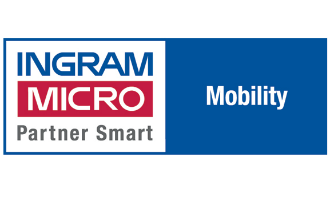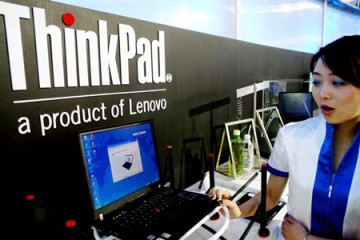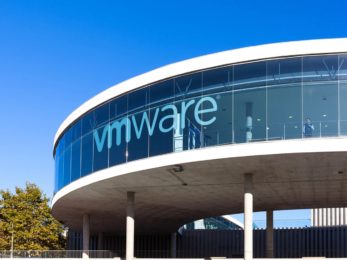Pathlock is expanding its SAP capabilities by writing a cheque for Grey Monarch.
Grey Monarch is a specialist SAP partner and Pathlock claims the deal will see the two companies further help SAP customers streamline audit, compliance and control processes.
Pathlock CEO Piyush Pandey said: “We continue to see a strong demand for our globally recognised application security and controls automation solutions, and know that with Grey Monarch’s specialisation in SAP process automation we can continue to enable our global customers to revolutionize the way they secure their sensitive financial and customer data.”
David Lloyd, director and co-founder of Grey Monarch, added the move will give customers “an unsurpassed visibility into their business applications”.
“It’s now more imperative than ever for organisations to utilise a holistic view of user access and privileges so they can be managed, monitored and controlled to ensure the maximum protection of data, business processes and intellectual property,” he said.




















